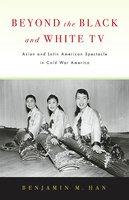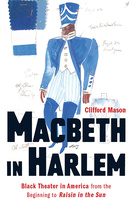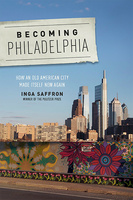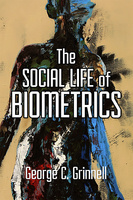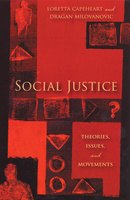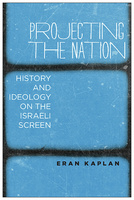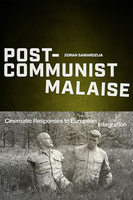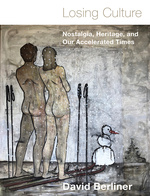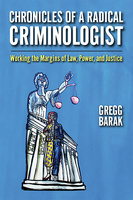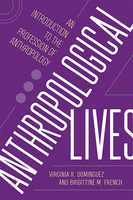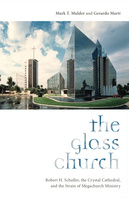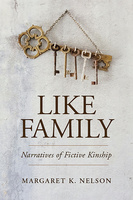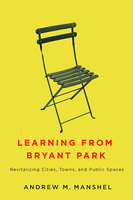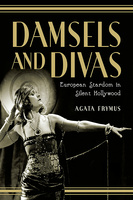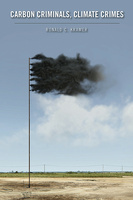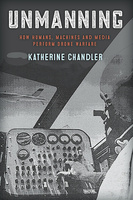
Bold Ideas, Essential Reading since 1936.
Rutgers University Press is dedicated to the advancement and dissemination of knowledge for a wide range of readers. The Press reflects and extends the University’s core mission of research, instruction, and service. They enhance the work of their authors through exceptional publications that shape critical issues, spark debate, and enrich teaching. Core subjects include: film and media studies, sociology, anthropology, education, history, health, history of medicine, human rights, urban studies, criminal justice, Jewish studies, American studies, women's, gender, and sexuality studies, LGBTQ, Latino/a, Asian and African studies, as well as books about New York, New Jersey, and the region.
Rutgers also distributes books published by Bucknell University Press.
Beyond the Black and White TV
Asian and Latin American Spectacle in Cold War America
Tortilleras Negotiating Intimacy
Love, Friendship, and Sex in Queer Mexico City
Rebuilding Story Worlds
The Obscure Cities by Schuiten and Peeters
Set in a parallel world, full of architecturally distinctive city-states, the comics series The Obscure Cities represents one of literature’s most impressive pieces of world-building. Rebuilding Story Worlds explores both the artistic traditions from which the series emerges and the innovative ways it plays with genre, gender, and urban space.
New Jersey State of Mind
Macbeth in Harlem
Black Theater in America from the Beginning to Raisin in the Sun
Lakota Hoops
Life and Basketball on Pine Ridge Indian Reservation
Desired States
Sex, Gender, and Political Culture in Chile
Becoming Philadelphia
How an Old American City Made Itself New Again
An Open Secret
The History of Unwanted Pregnancy and Abortion in Modern Bolivia
The Social Life of Biometrics
Talking Therapy
Knowledge and Power in American Psychiatric Nursing
Social Justice
Theories, Issues, and Movements
In Social Justice: Theories, Issues, and Movements, Loretta Capeheart and Dragan Milovanovic respond to the need for a comprehensive introduction to this topic. The authors argue that common conceptions of criminal justice--which accept, for the most part, a politically established definition of crime--are too limited. Instead, they show the relevancy of history, political economy, culture, critique, and cross-cultural engagement to the advancement of justice.
Drawing on contemporary issues ranging from globalization to the environment, this essential textbook--ideal for course use--encourages practitioners, reformists, activists, and scholars to question the limits of the law in its present state in order to develop a fairer system at the local, national, and global levels.
Projecting the Nation
History and Ideology on the Israeli Screen
Post-Communist Malaise
Cinematic Responses to European Integration
Planet Auschwitz
Holocaust Representation in Science Fiction and Horror Film and Television
Mediating the Uprising
Narratives of Gender and Marriage in Syrian Television Drama
Losing Culture
Nostalgia, Heritage, and Our Accelerated Times
Diversity Regimes
Why Talk Is Not Enough to Fix Racial Inequality at Universities
Chronicles of a Radical Criminologist
Working the Margins of Law, Power, and Justice
Anthropological Lives
An Introduction to the Profession of Anthropology
The Glass Church
Robert H. Schuller, the Crystal Cathedral, and the Strain of Megachurch Ministry
Robert H. Schuller’s ministry—including the architectural wonder of the Crystal Cathedral and the polished television broadcast of Hour of Power—cast a broad shadow over American Christianity. Pastors flocked to Southern California to learn Schuller’s techniques. The President of United States invited him sit prominently next to the First Lady at the State of the Union Address. Muhammad Ali asked for the pastor’s autograph. It seemed as if Schuller may have started a second Reformation. And then it all went away. As Schuller’s ministry wrestled with internal turmoil and bankruptcy, his emulators—including Rick Warren, Bill Hybels, and Joel Osteen— nurtured megachurches that seemed to sweep away the Crystal Cathedral as a relic of the twentieth century. How did it come to this? The Glass Church examines the spectacular collapse of The Crystal Cathedral to better understand both the strength and fragility of Schuller’s ministry. The apparent success of the ministry obscured the many tensions that often threatened its future.
Scarlet and Black
Slavery and Dispossession in Rutgers History
The work of the Committee on Enslaved and Disenfranchised Population in Rutgers History.
Regulating Difference
Religious Diversity and Nationhood in the Secular West
Transnational migration has contributed to the rise of religious diversity in Western societies. Regulating Difference employs a transatlantic comparison to show how nation-building, religious heritage-making and divergent interpretations of secularism are co-implicated in shaping religious diversity. It argues that religious diversity has become central for governing national and urban spaces.

